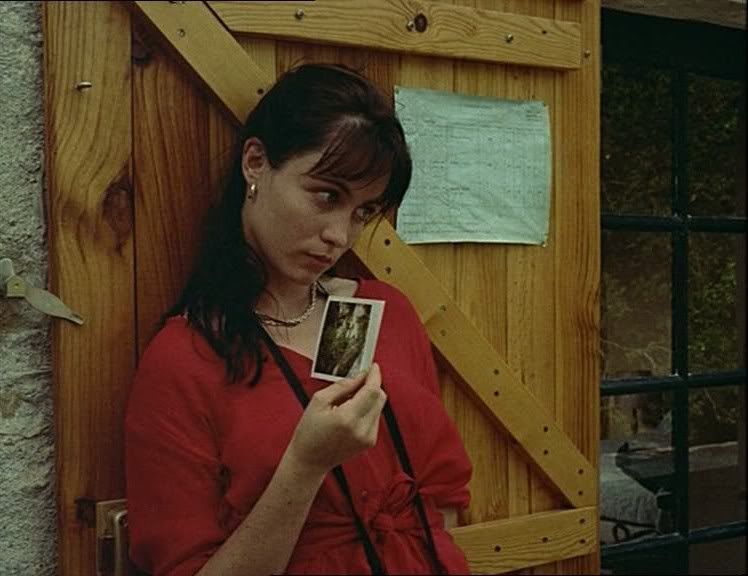
La belle noiseuse is a late masterpiece from Jacques Rivette, a typically haunting and enigmatic study of the mystery inherent in artistic creation, and the ways in which art and life inform and bleed into one another. The film centers around the aging and increasingly unproductive painter Frenhofer (Michel Piccoli), who is rejuvenated by the appearance at his country estate of a young woman named Marianne (Emmanuelle Béart), who inspires him to begin painting again. The film is sensuous and quiet, slowly exploring the developing relationship between the painter and his muse through lengthy, nearly silent scenes in which Frenhofer poses the nude Marianne into stiff, contorted poses, molding her body, frantically trying to capture her essence. Throughout these scenes, the only sound is often the scratch and scrape of Frenhofer's brushes and pens on paper and canvas, and Rivette frequently points his camera for long stretches of time at the painter's work area, tracing the progress of his art from a blank page to a developed sketch. The film's rhythms are slow and measured, appropriate for a document of the artistic process, the slow carving out of a creative statement from paints and inks on a plain white expanse. Forms and ideas take shape slowly, and the longer Frenhofer paints, both artist and model become more confident, more emotionally invested in the work — Frenhofer finds his passion for painting reawakening, even taking over his life, while Marianne develops from an introspective, nervous model to a passionate, deeply engaged collaborator, sharing in the demands and rigors of Frenhofer's art.
Rivette's deliberate pacing and careful eye lend themselves well to this exploration of creation. His camera circles the protagonists, lingering on Béart's nude form as though it was a statue, staring at Frenhofer's canvases and sketchbooks as the painter's ideas take shape, all of it accompanied by the distinctive scritch-scritch-scritch sounds that, by the end of the film, are subconsciously associated with artistic creation. Although the center of the film, and its heart, is dominated by the lengthy, intense scenes between Frenhofer and Marianne, ancillary characters linger around the edges, affected in various way by the all-encompassing passion of this artistic collaboration. Frenhofer's wife Liz (Jane Birkin) is increasingly driven away, shut out, conscious that Marianne is replacing her as her husband's muse: at the height of his passion for his art, Frenhofer even pulls out a long-abandoned painting of Liz and begins reimagining it, painting over it with images of Marianne, striving to create his masterpiece. Meanwhile, Marianne's immersion in Frenhofer's art causes her to neglect her own lover, Nicolas (David Bursztein), who is left to chat with the disconsolate Liz and his friend Magali (Marie Belluc). Rivette's film not only traces the process of creation and limns its mystery and magic, but examines the effects of such intense creativity on those who surround the artist and inspire his work.
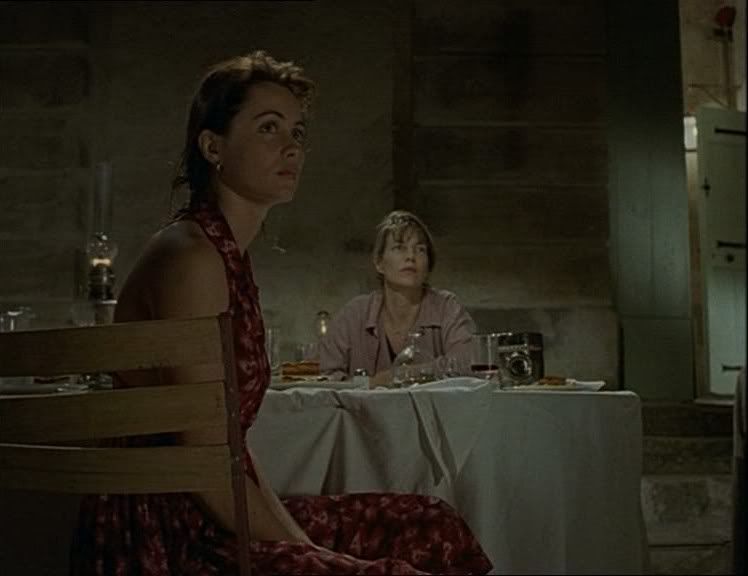
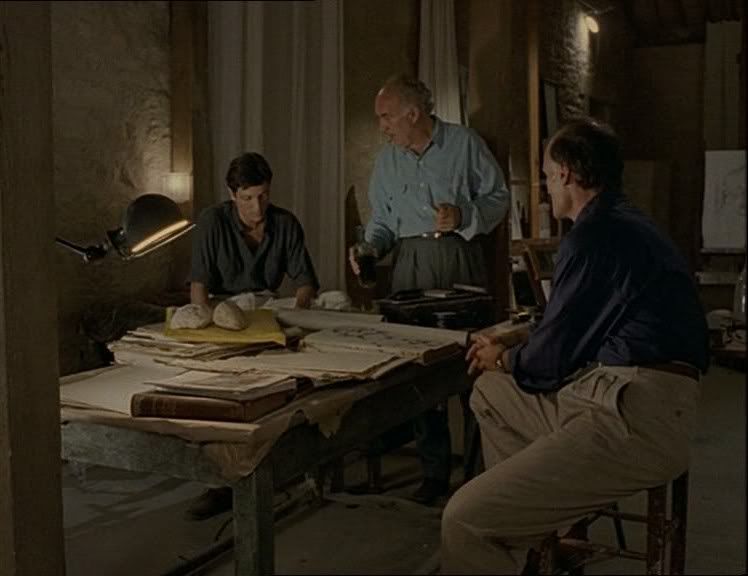
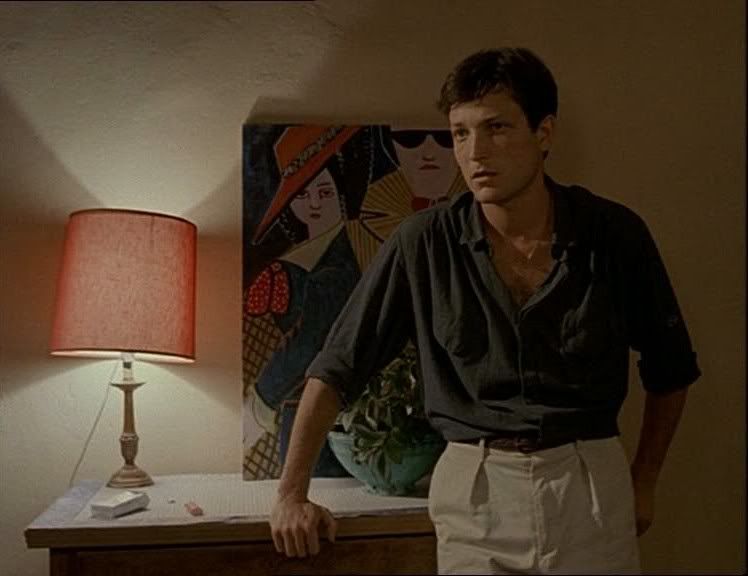
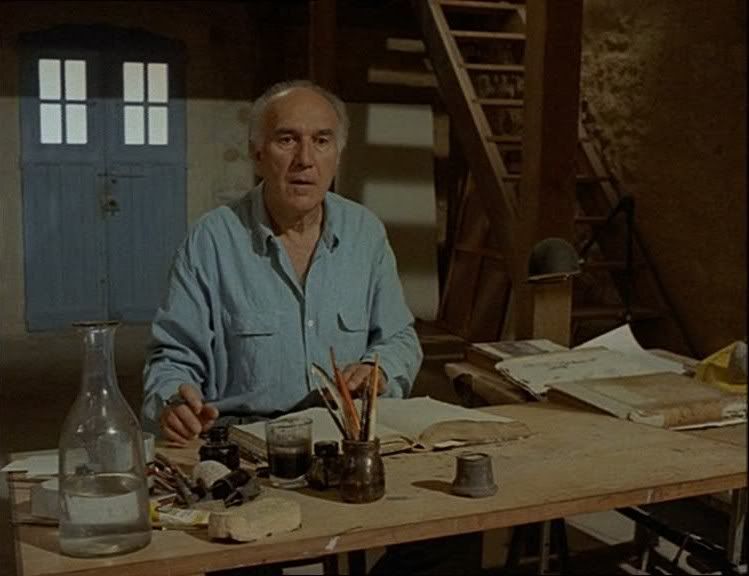
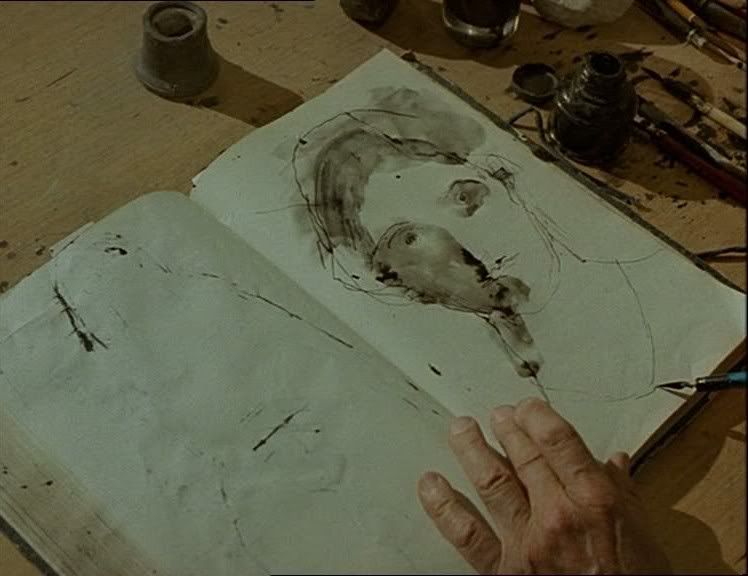
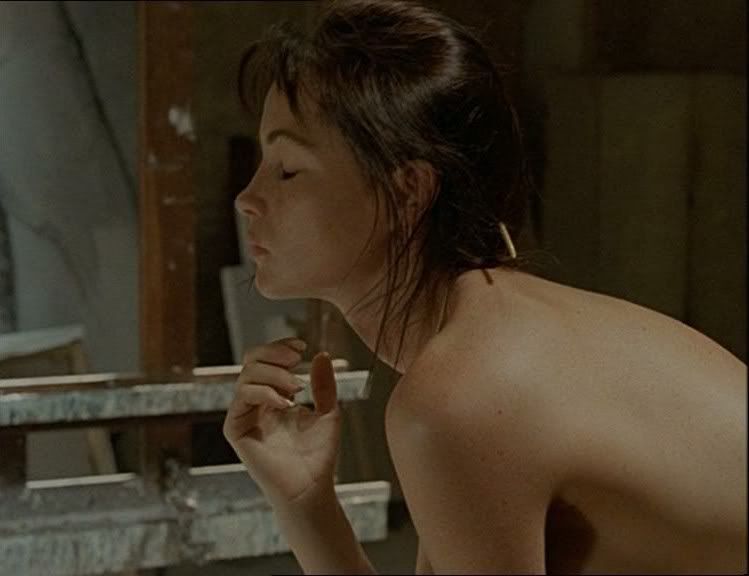
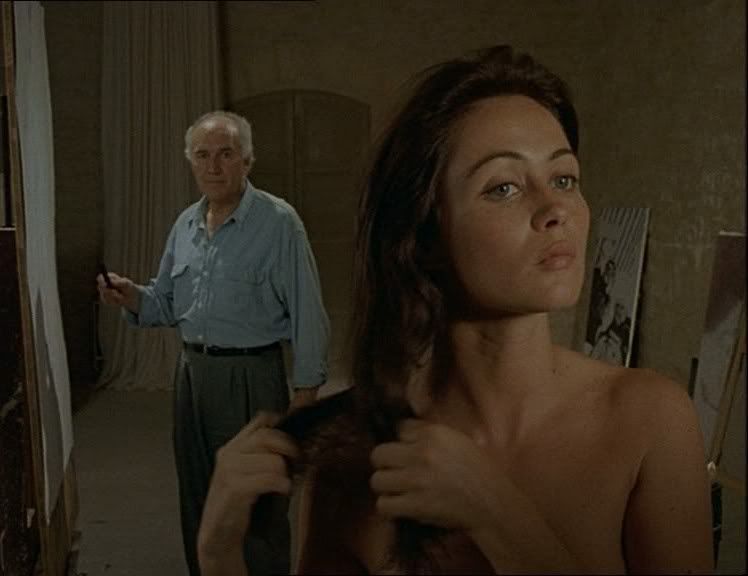
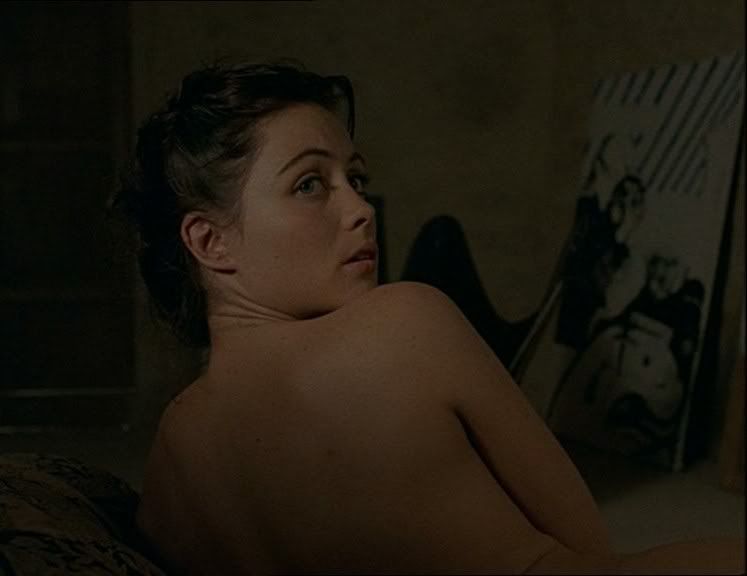
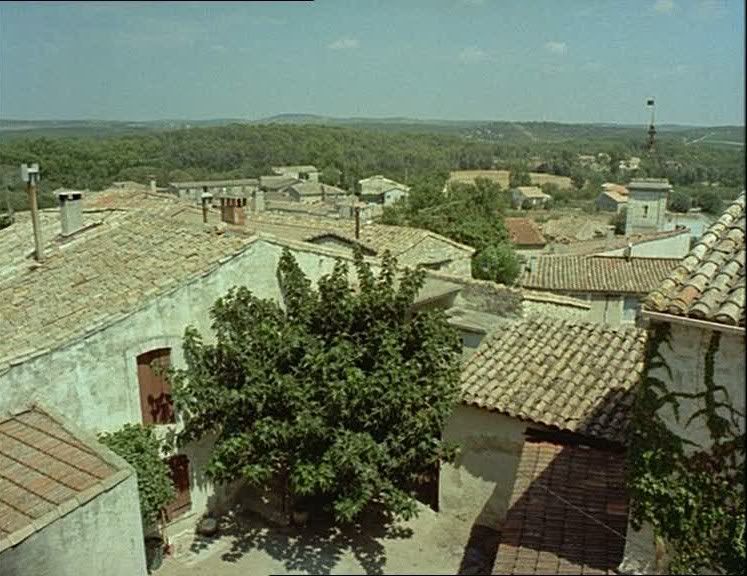
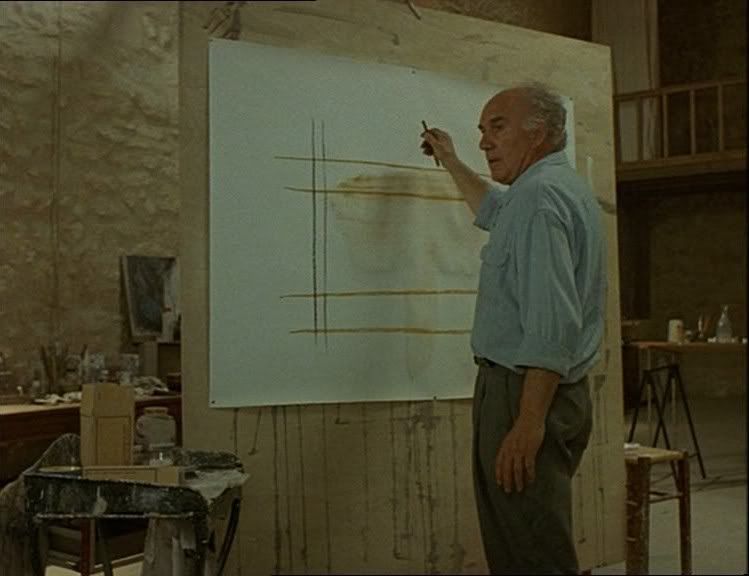
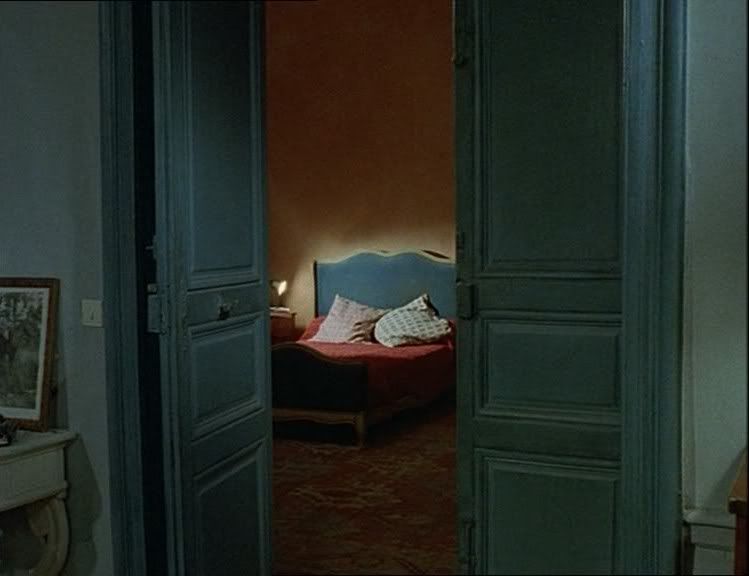
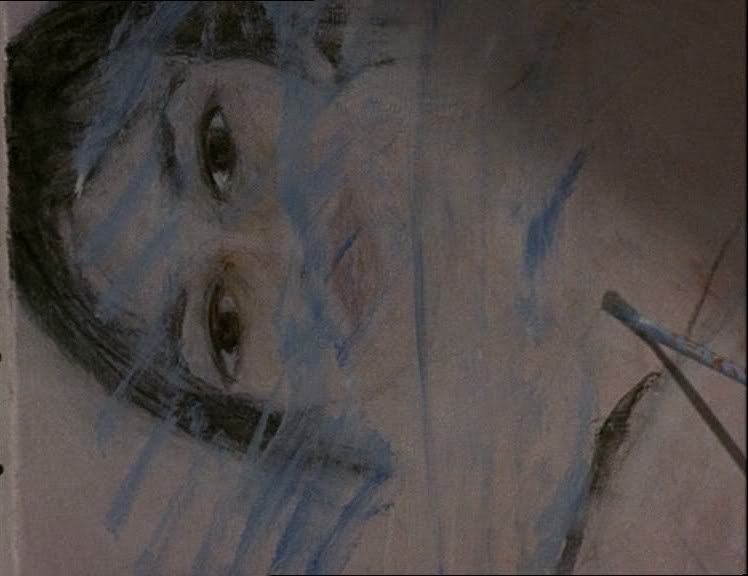
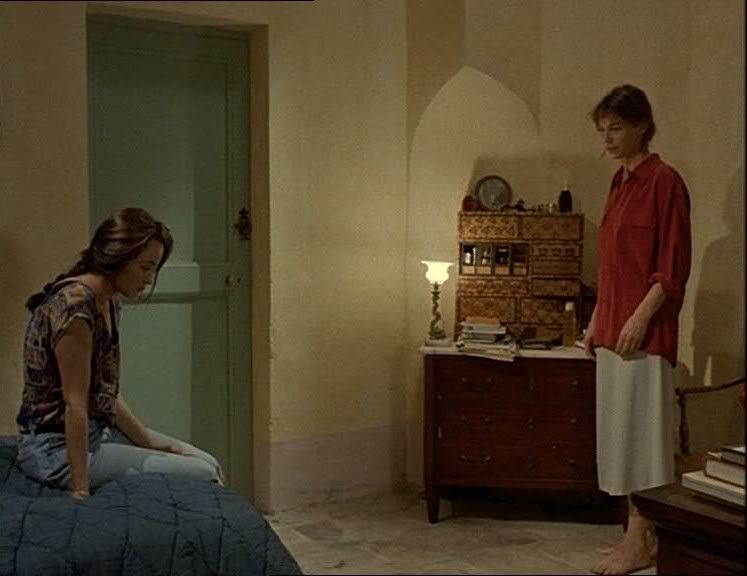
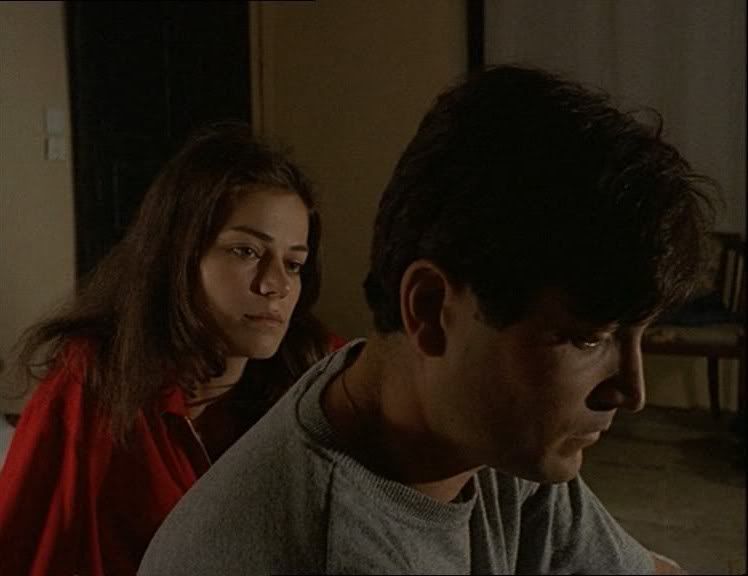
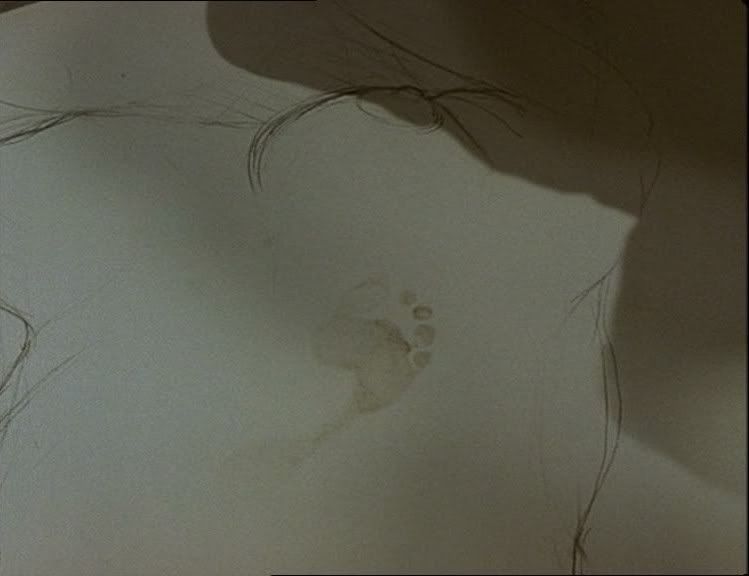
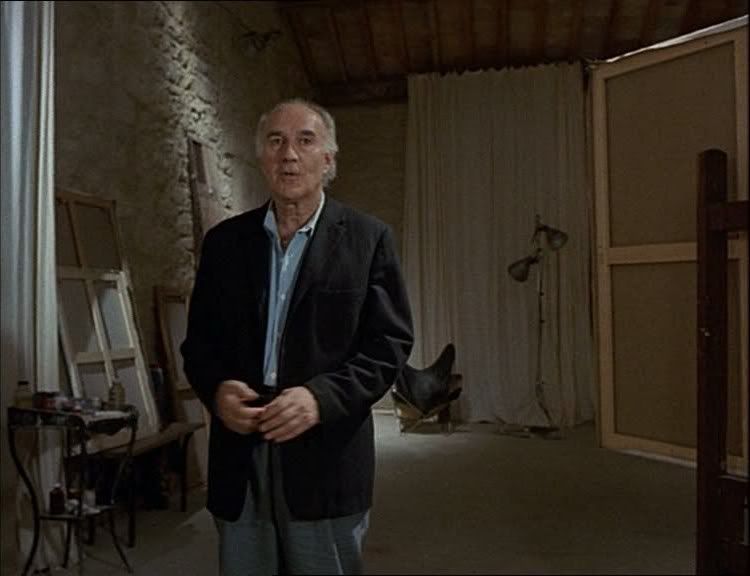
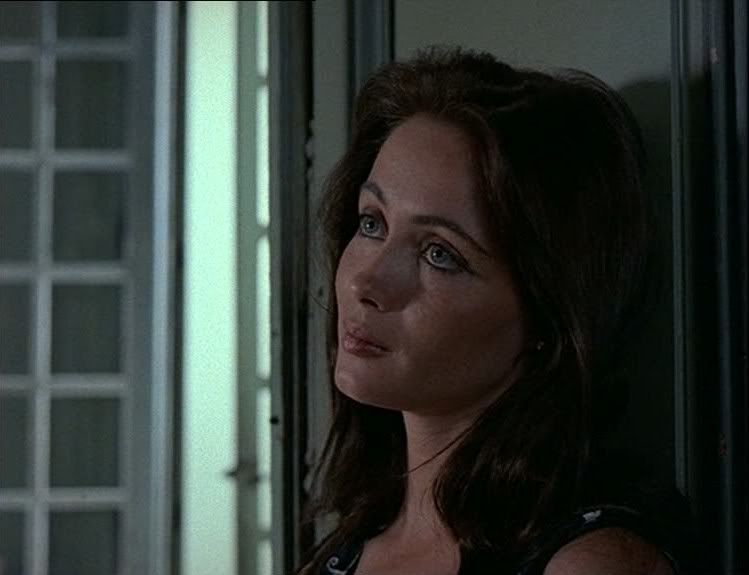







0Awesome Comments!